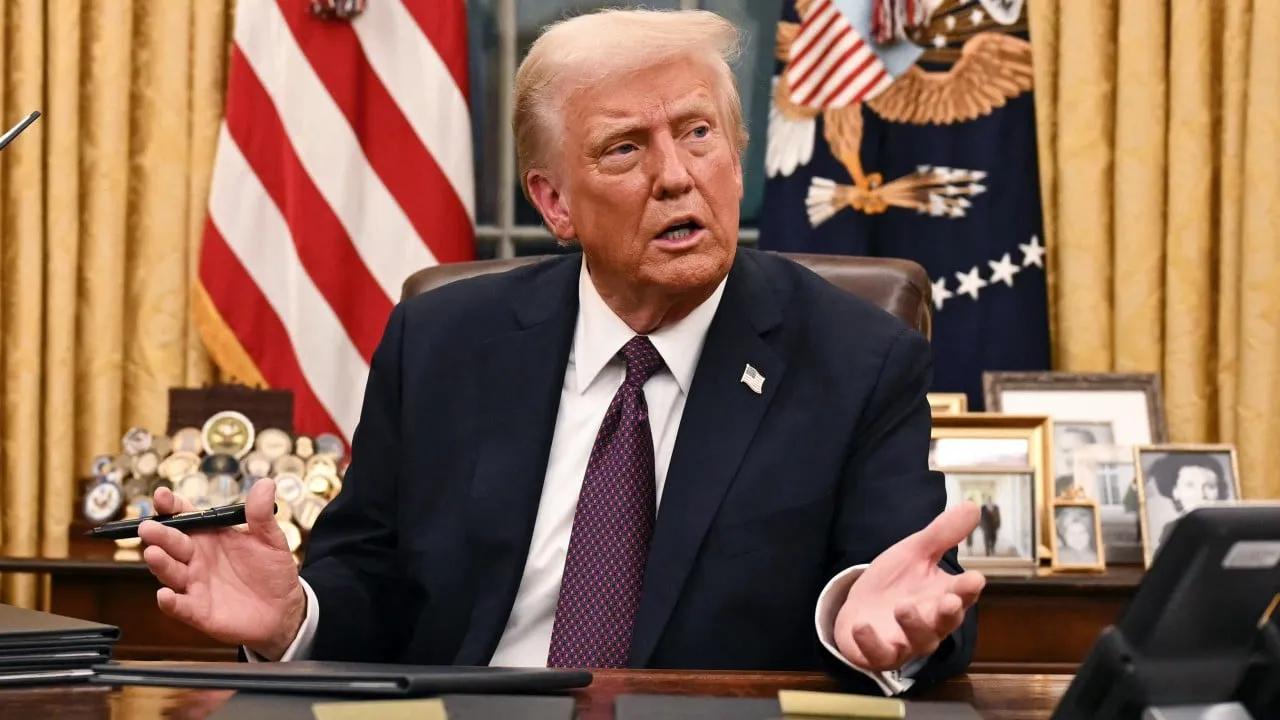Global Financial System: The Impact of Trump's Threats on BRICS Countries' Currency Choices

Trump's Economic Pressure on BRICS
At the World Economic Forum in Davos, economists expressed that President Donald Trump's threats towards countries wanting to lessen their reliance on the US dollar may only hasten their exodus from the American currency system.
Kenneth Rogoff's Insights
Kenneth Rogoff, a professor at Harvard University, emphasized the importance of persuading countries to use the dollar due to its stability and reliability. Threats, he noted, reinforce incentives for diversification.
Trump's Position on BRICS
Trump, newly inaugurated as President, required BRICS nations—Brazil, Russia, India, China, and South Africa—to avoid creating any rival currencies to the dollar. Otherwise, he indicated significant tariffs would be imposed on their products.
The Dollar's Relative Status
The status of the US dollar as a dominant global trade currency is being challenged, especially as China seeks to boost its own currency’s international standing. This dynamic has accelerated since the onset of the Ukraine conflict, as U.S. sanctions demonstrated a significant financial exclusion capability.
Expert Reactions
Economists like Raghuram Rajan from Chicago University expressed concerns about currency weaponization and the potential impact on global trade.
Future Currency Trends
Additionally, Jin Keyu from Hong Kong University of Science and Technology suggested that a gradual decline of the US dollar seems likely. Meanwhile, the yuan continues to make inroads into its ambitions as a global currency, backed by initiatives like the Cross-Border Interbank Payment System (CIPS).
Conclusion: Monitoring Financial Shifts
The discussion at Davos highlights a critical moment for the global financial system as nations like China and Russia reevaluate their currency practices. The way forward remains complex and evolving.
This article was prepared using information from open sources in accordance with the principles of Ethical Policy. The editorial team is not responsible for absolute accuracy, as it relies on data from the sources referenced.